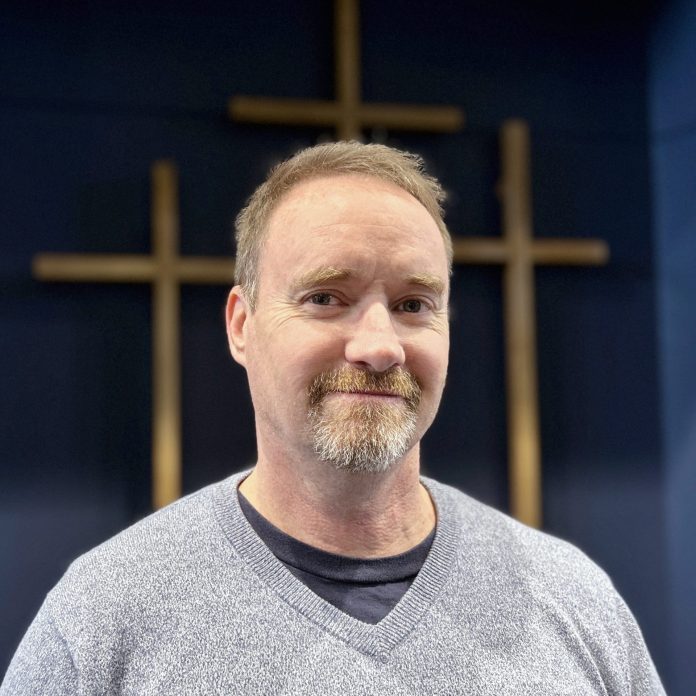By Rev. Dr. Joe Weaks
Pastor, Connection Christian Church
If you’ve ever stressed or worried about things in the world and your community and your personal life, you’re not alone. And if you’ve ever found yourself questioning (or even angry at) God about that, you are also not alone. With debilitating poverty and regional genocide and functional apartheid systematically and constantly in place around the world, it’s easy to find oneself in a place of sorrow and even anger. We find that sentiment over and over again in the Psalms.
The Book of Psalms are a unique collection of prayers and songs that focus not on expressing “God’s word” to the people, but rather demonstrate the people’s response to God about this life we live. The book is clearly a collection, compiled traditions from across multiple generations. We can see the compiled nature of the Psalms by noticing how some psalms are lifted straight from other books (Psalm 18 is a duplicate of David’s song of deliverance in 2 Samuel 22) or even how some psalms are enigmatically duplicates of each other (14 & 53, 135 & 115, 108 & 57+60).
Different versions of the book in the Hebrew and Greek scrolls demonstrate that in different regions and across decades, which psalms were included changed as they were curated and exchanged.
The collection of psalms was compiled and edited, and in that process we catch a glimpse of what was important to individuals and the community. Consider if we survey the personal photos someone puts in the drawer or box or album (physical or digital), we gain insight to what was most important and significant in their life. And so it is with the Psalms.
One interesting bit about the Psalms is that while there are various types of psalm — praise, thanksgiving, coronation — but by far the most numerous (more than a third) type of psalm that the compilers included were psalms of lament. A lament is an expression prayer offered to God in times of pain and anger, calamity and suffering. They are everywhere in the Psalms. They express sorrow and grief, but more often than not, they make the point to God that not all seems right in the world and God should be more involved in doing something about it. In Psalm 35:17, we hear “How long, my Lord, will you watch this happen?”
Feeling as if not all is right in my life or my community is not a new thing. Being troubled with God about it isn’t either. And it is some comfort to realize that these are reasonable feelings, and that it is healthy to take those concerns to God.
Most of the laments end not with a fairy-tale ending that everything will be alright, but rather end with an expression of trust. In the end, a place of faith is knowing that I can trust in God, even when my understanding of the world is less than perfect.




